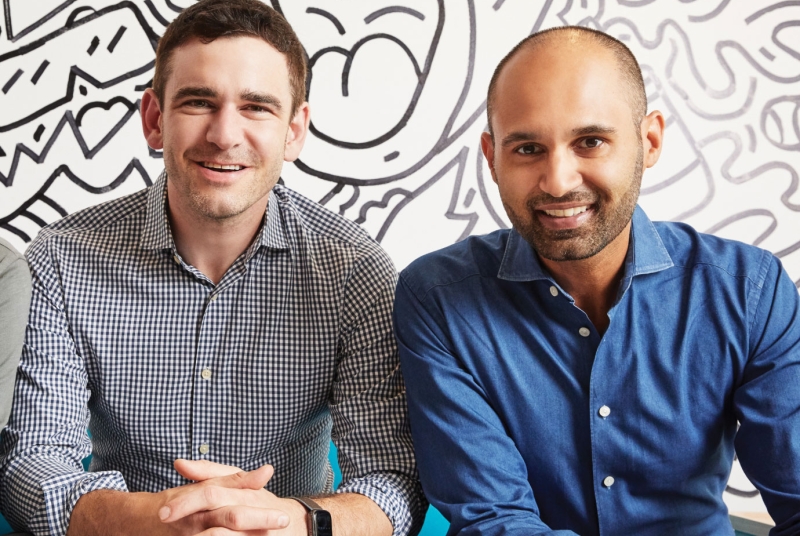
Tickets, Anyone?
In 2009, the former roommates and Chi Gamma Epsilon brothers launched SeatGeek, which aggregated ticket listings for events on digital reseller platforms so consumers could compare prices. In 2017, SeatGeek broke into primary ticketing. “It started by helping people find the best deal, and over time became a digital marketplace for consumers to shop as easily as possible and have the most variety and options,” says D’Souza.
Ticketmaster remains the dominant player in the digital ticket market, controlling about 70 percent of events in 2021. SeatGeek, however, has gained traction with sponsorship deals and by managing ticket inventory for various theaters, sports teams, and stadiums. Revenue—which comes from transaction fees—is up following the pandemic downturn. Last year, Fast Company named SeatGeek “the world’s most innovative company for live events” for the third time, and Major League Baseball—noting that SeatGeek has the highest percentage of Gen-Z users among ticketing platforms—named the firm its official ticket resale partner.
As students, Groetzinger, an econ major, and D’Souza, a history major, weren’t exactly computer science geeks. “We were average-at-best programmers,” says CEO Groetzinger. Still, they managed to build the initial version of SeatGeek after short stints in management consulting. “Starting an internet-based company is enabling in that you don’t necessarily need a lot of years of experience or a lot of capital,” Groetzinger adds. “It felt like a bit of a risk, but we were young, we didn’t have any particular obligations—so we were able to do it.”










